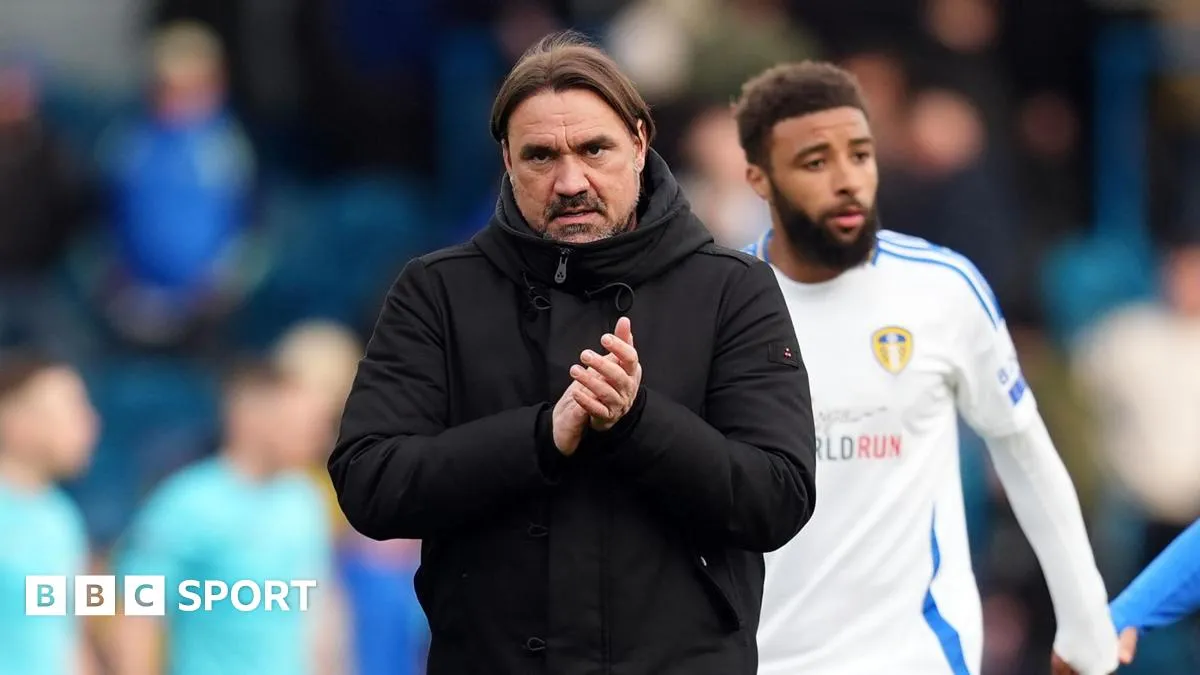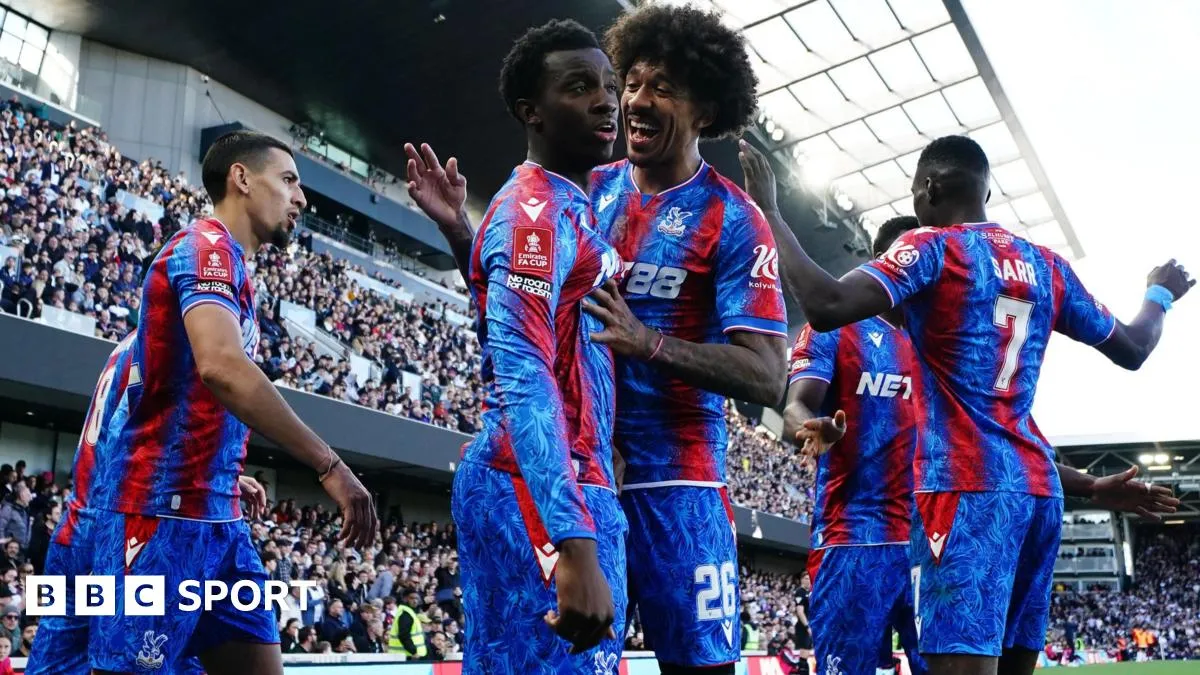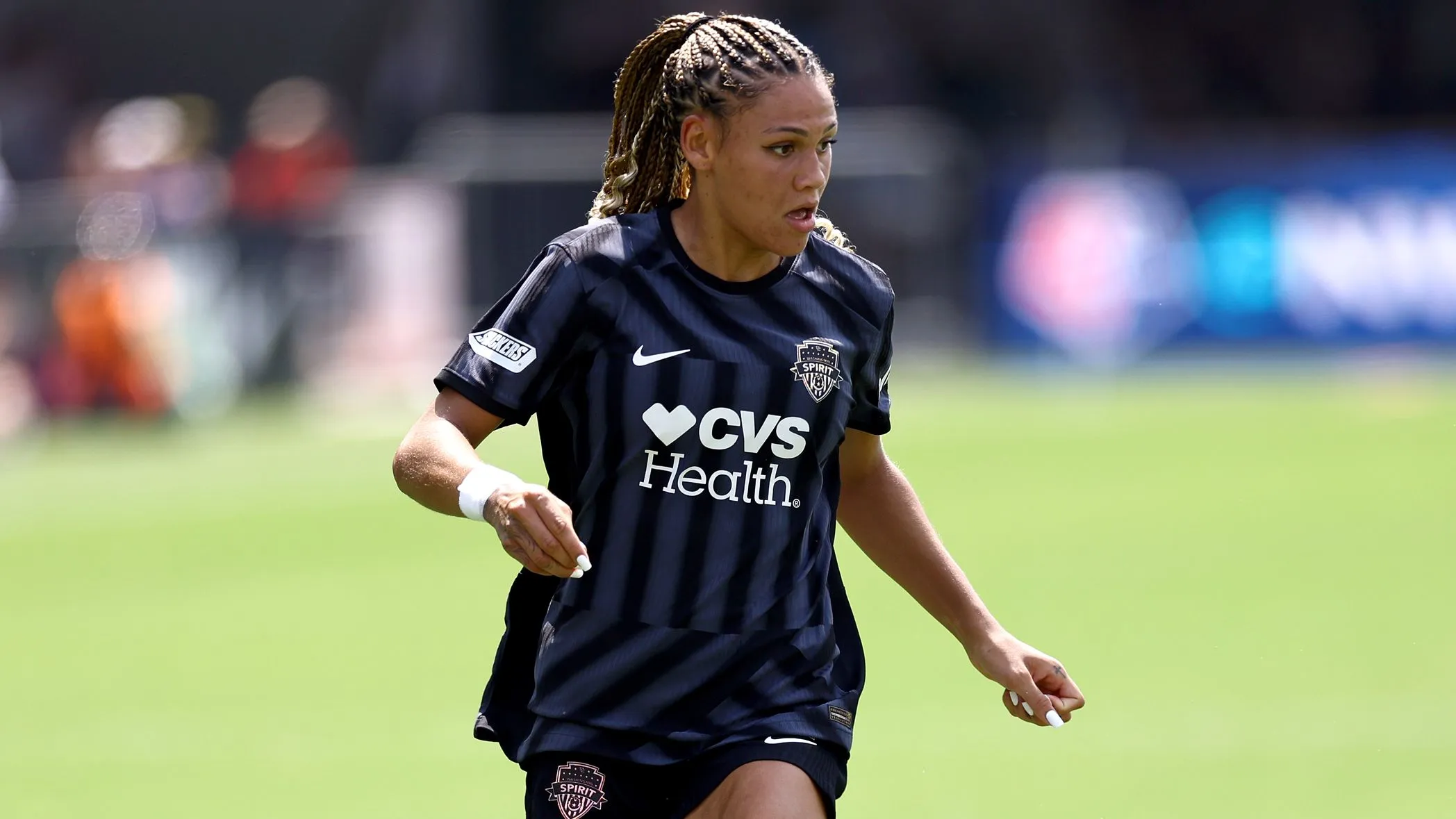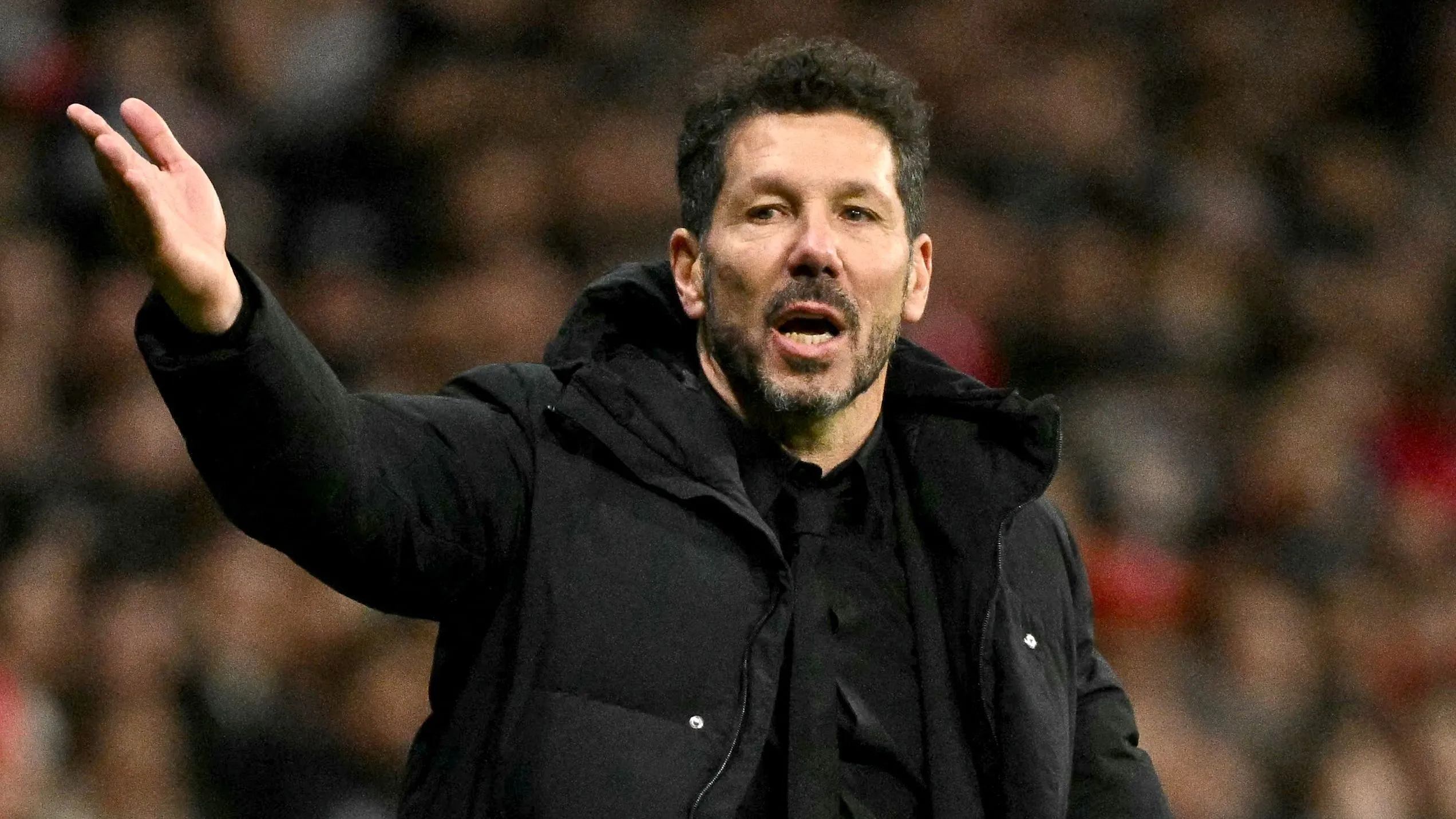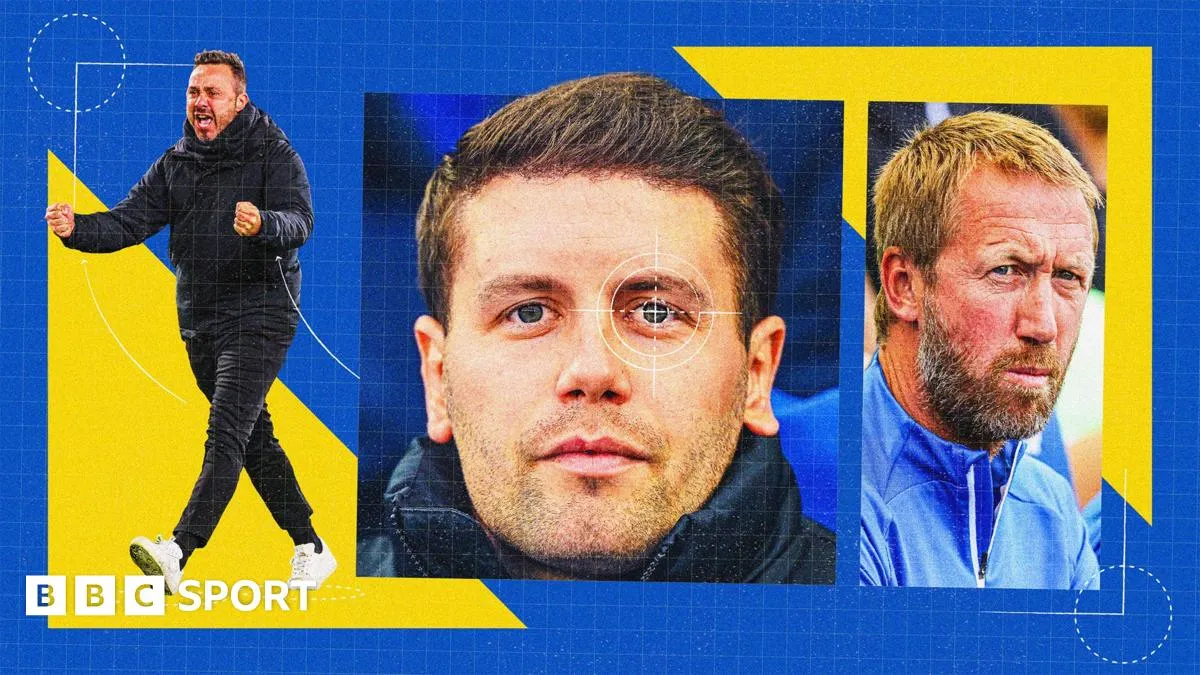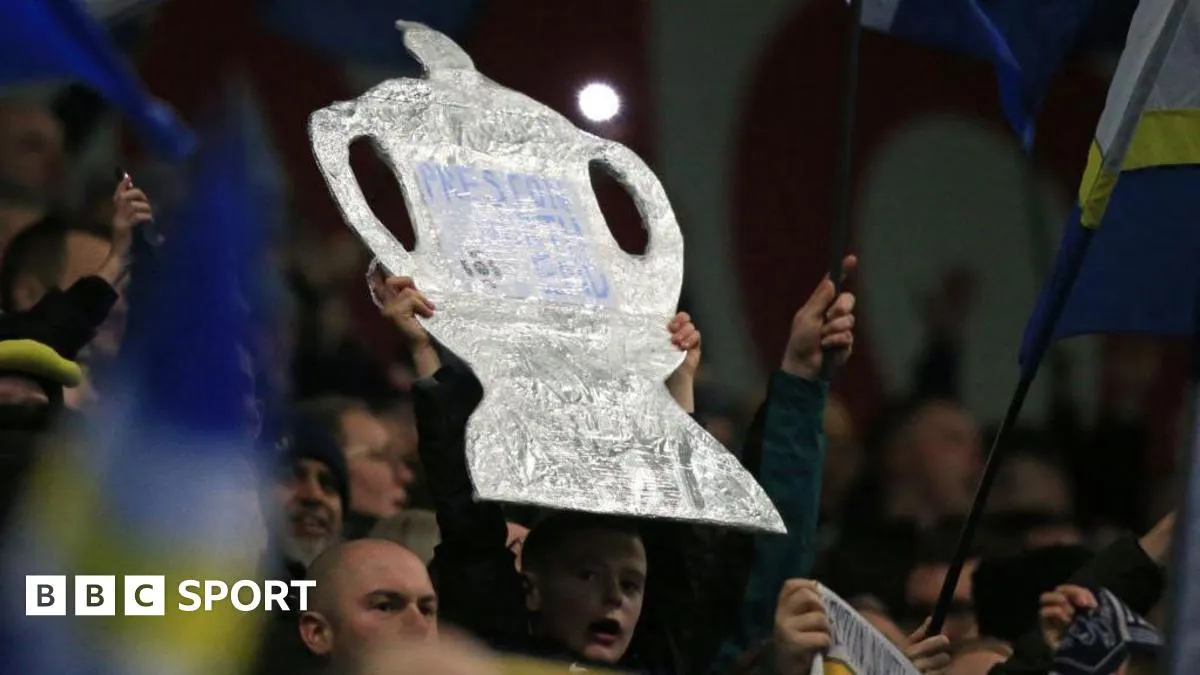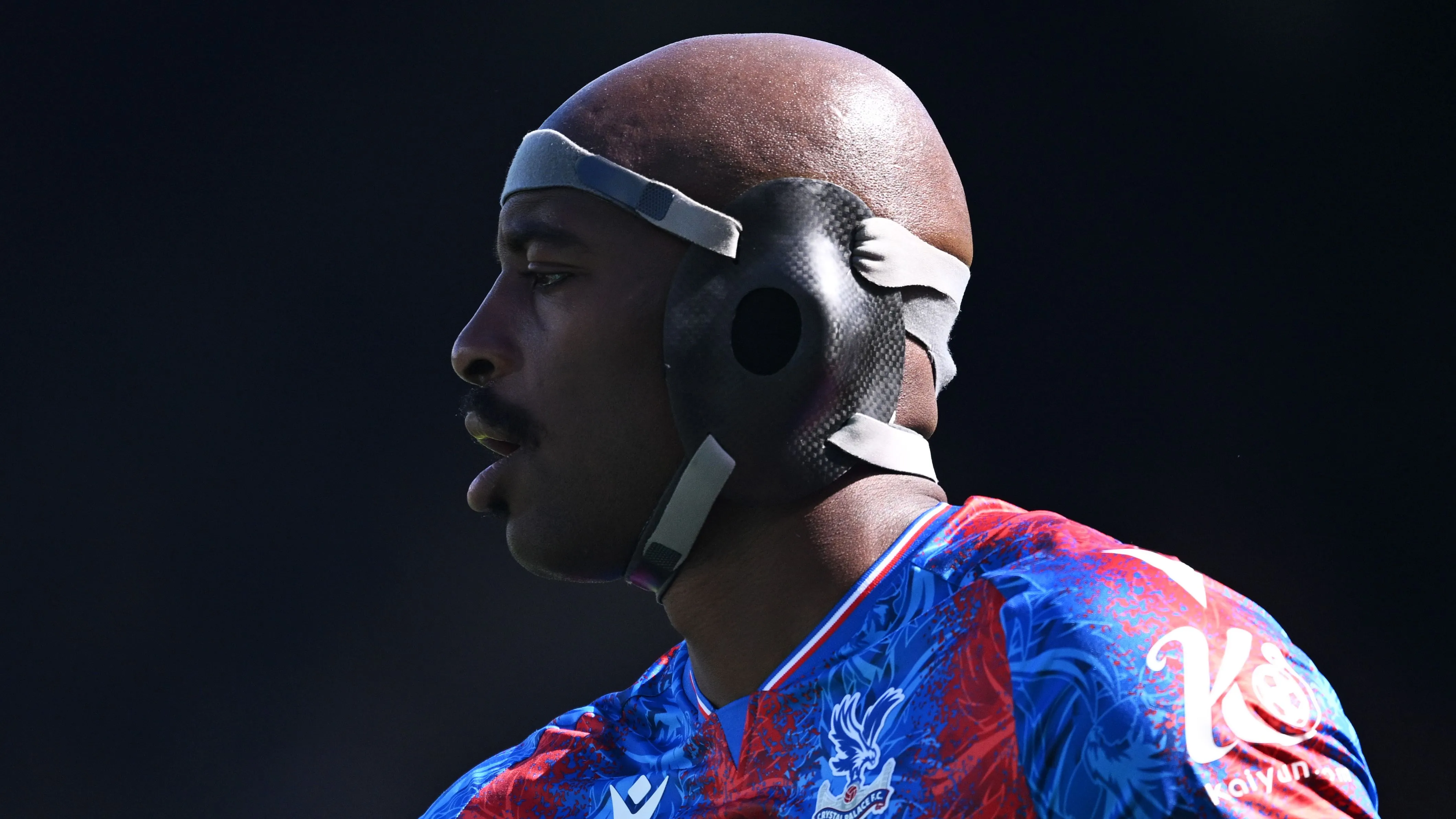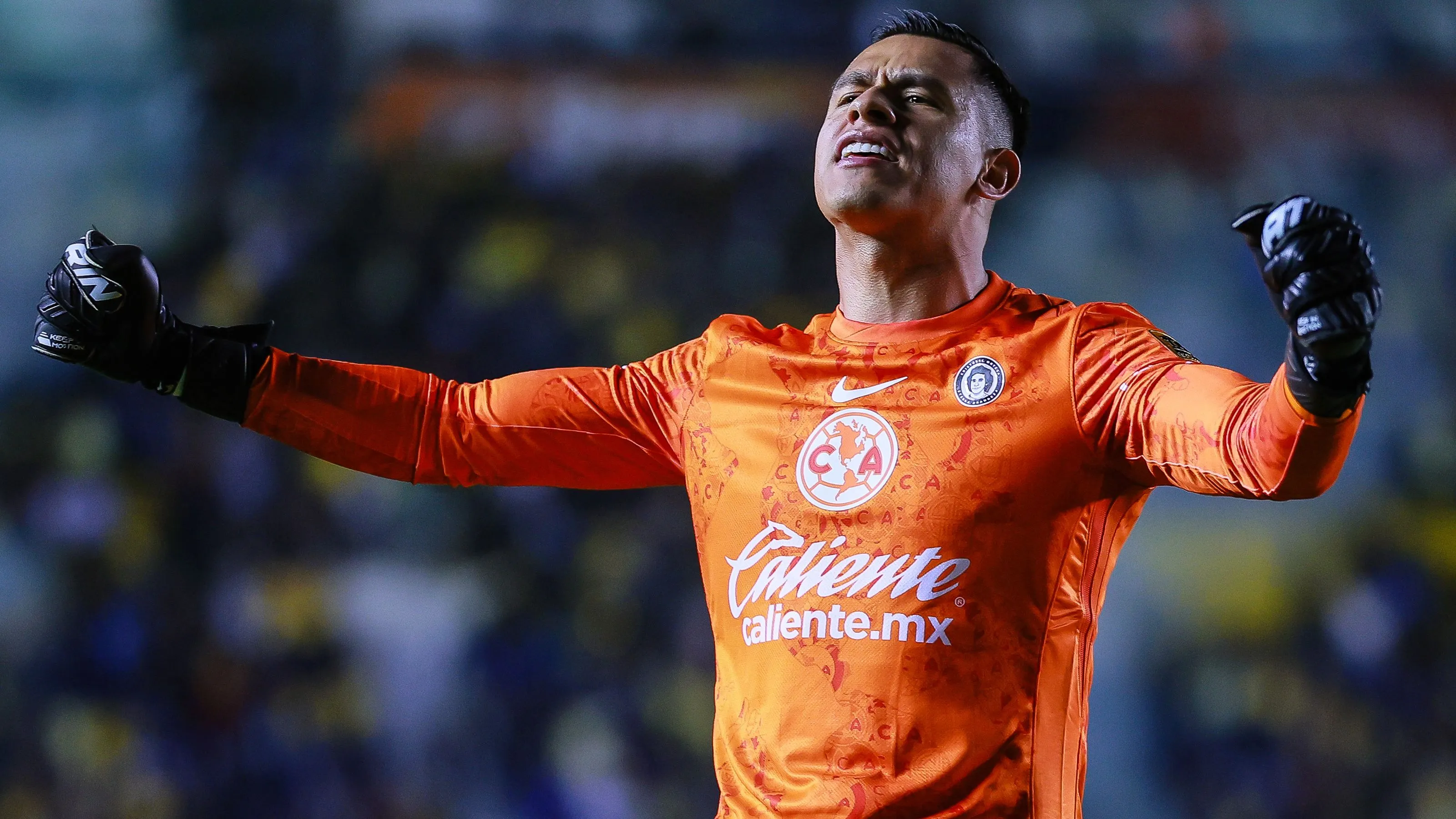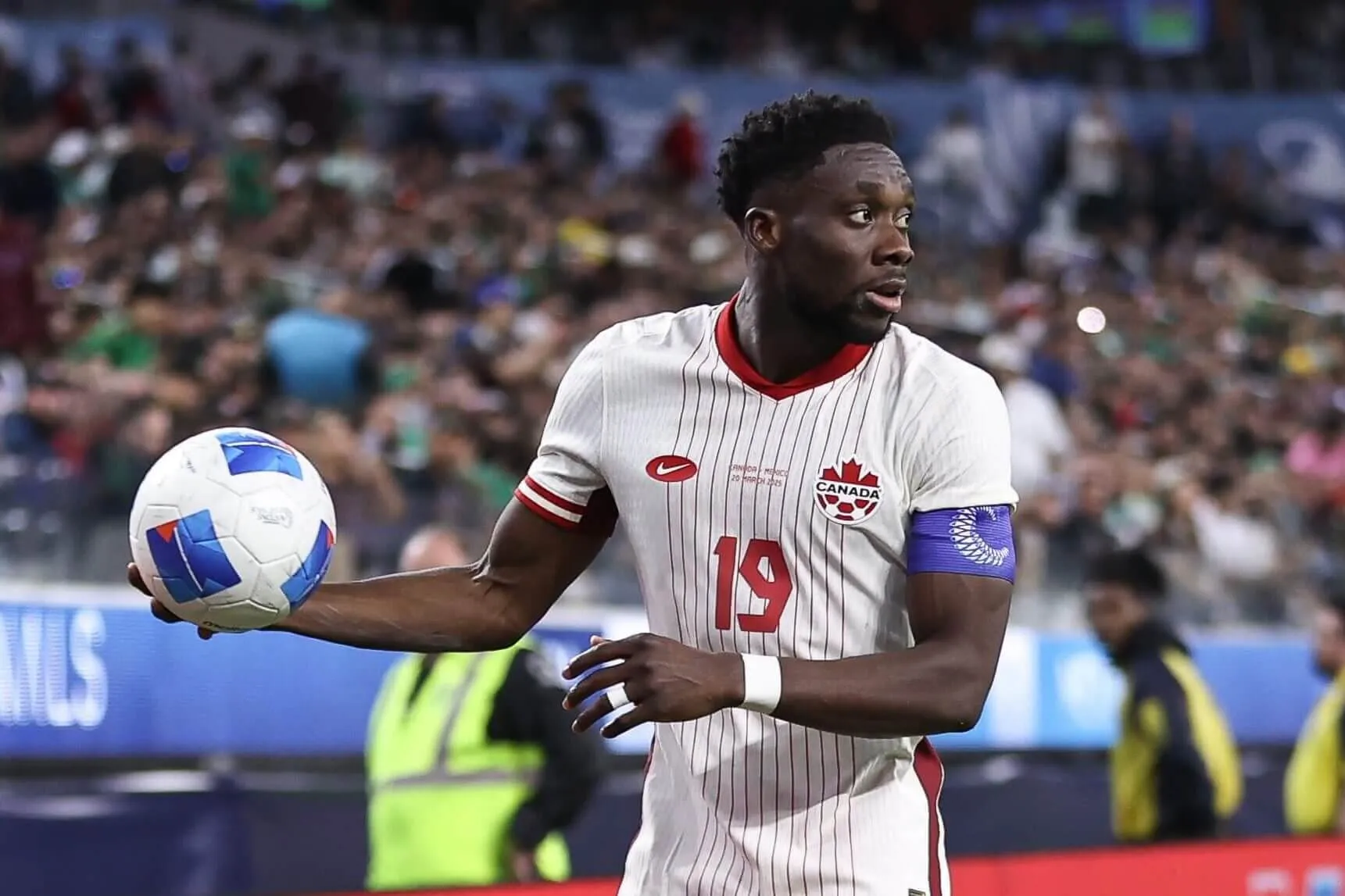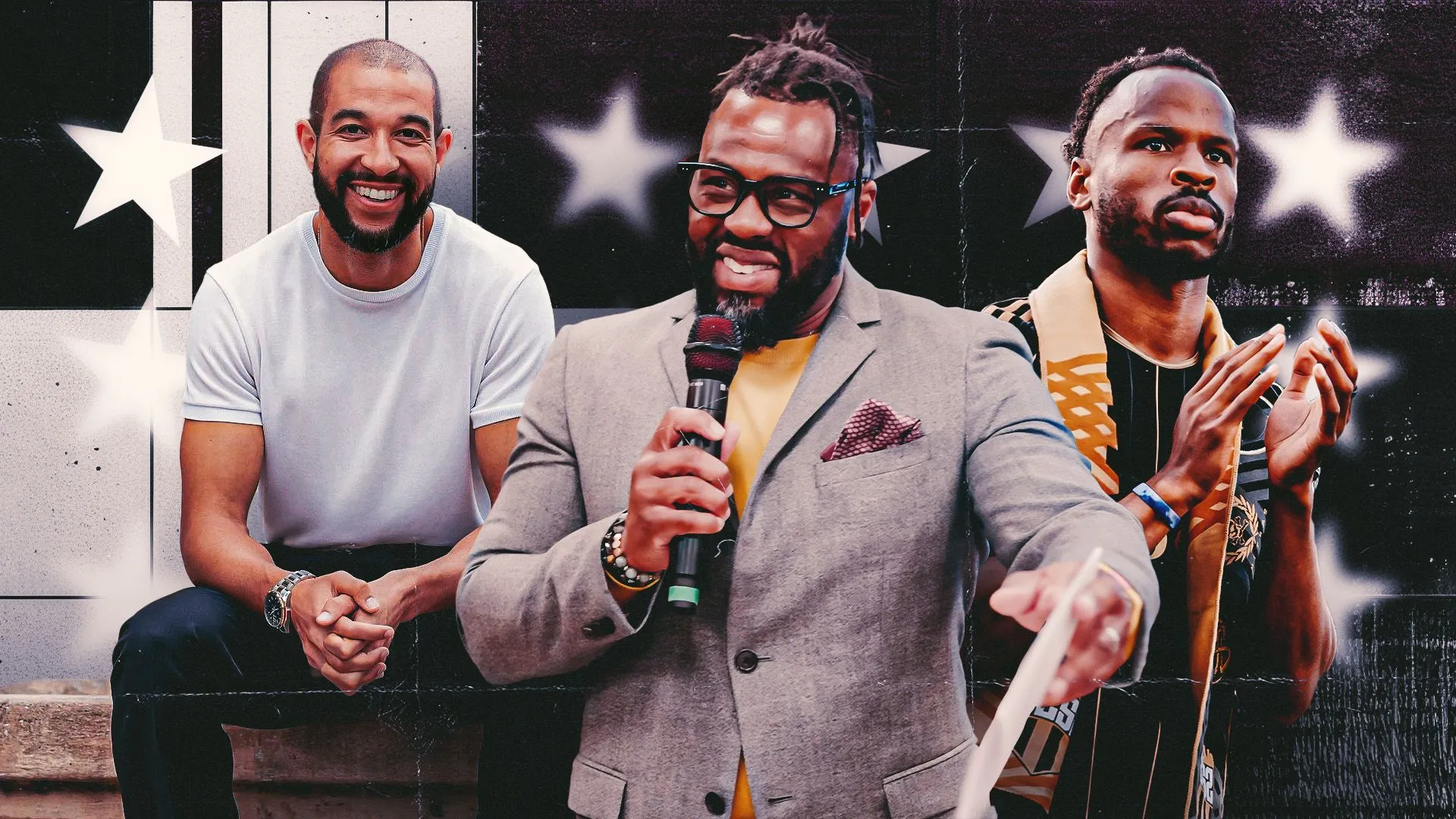
In the five years since its inception, Black Players for Change (BPC) has emerged as a transformative force in Major League Soccer, making substantial strides in combating racism and promoting equality through sports. The organization, born from the racial turbulence of 2020, has evolved from a grassroots movement into an influential non-profit that's reshaping how MLS approaches social issues and discrimination.
Allen Hopkins, BPC's executive director, reflects on the organization's journey with renewed motivation. "It's that spirit of unity, collaboration, partnership," he told GOAL, emphasizing the importance of these foundational skills in achieving their mission.
The catalyst for BPC's formation came during the tumultuous events of 2020, marked by George Floyd's death and the resurgence of the Black Lives Matter movement. However, co-founder Jeremy Ebobisse emphasizes that the organization's core mission - fighting for equality through sports - had always been present, waiting for the right moment to crystallize.
The organization's approach was straightforward yet powerful. Recognizing MLS's diverse player base, including African-American, Afro-Caribbean, and Afro-European athletes, BPC created a unified platform to address discrimination and support individual causes. As Hopkins noted, "There were these islands of isolated success, that's where Black soccer was… there were a lot of amazing people who were successful, but we weren't connected as a community."
The impact has been tangible. Co-founder Justin Morrow explained their resource distribution approach: "Some people need money for their nonprofit. Some people need attention. Some people need connections." This support has enabled initiatives like Morrow's work addressing gun violence in Cleveland and C.J. Sapong's 'Sacred Seeds' program, which provides healthy food access to urban communities.
With strong backing from MLS Commissioner Don Garber and the league, BPC has achieved remarkable progress. Perhaps most notably, reported on-field racist incidents dropped from 13 in 2023 to zero in 2024. The organization also helped craft groundbreaking anti-discrimination policies and diversity hiring initiatives.
However, challenges remain. While the number of Black head coaches in MLS has increased from one to three - including Wilfried Nancy, Robin Fraser, and Pascal Jansen - Hopkins acknowledges there's more work ahead, particularly in developing pathways to leadership positions.
The current political climate presents new obstacles. Recent attempts to curtail diversity, equity, and inclusion initiatives under the Trump administration, though not directly impacting MLS, echo the systemic challenges that initially sparked BPC's formation. Ebobisse views this pushback as predictable: "I have always said that this moment would come... It's alarming and something that we should all be just very cognizant of."
As BPC looks toward the future, including the 2026 World Cup as a platform for important conversations, Hopkins remains determined. His closing words capture the organization's resolute spirit: "I am extremely fired up and ready to go right now. Because the headwinds are real."

